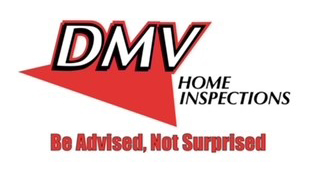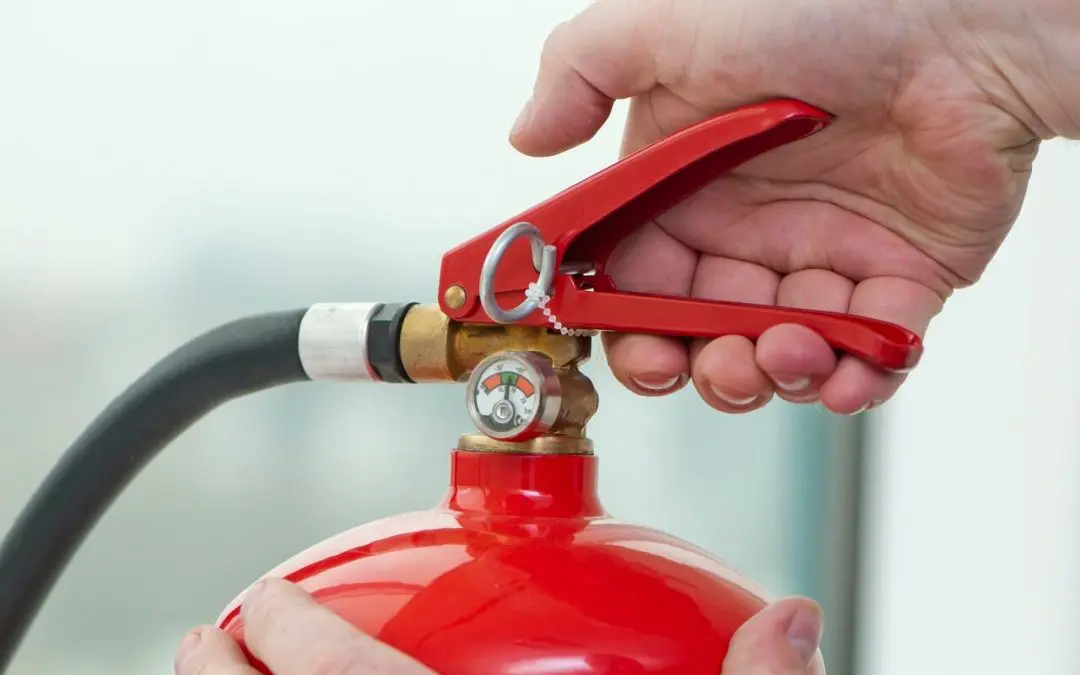Whether you’ve just purchased a home or have been in your house for years, it’s a good idea to take stock of your safety needs and verify you have the equipment to keep your family safe. From fire extinguishers to carbon monoxide detectors, here are ten home safety essentials items every homeowner should have.
1. Home Safety Essentials: Fire Extinguishers
A fire extinguisher is a must-have for any home. Ideally, you should have at least one fire extinguisher on each level of your house. Check the expiration date on your extinguishers and have them serviced regularly and recharged as necessary.
2. Carbon Monoxide Detector
Carbon monoxide is an invisible, odorless gas that can be deadly if it builds up in your home. That’s why having at least one carbon monoxide detector on each level of your house is essential. Test the device monthly. Check the batteries regularly and replace them as needed.
3. First Aid Kit
A well-stocked first aid kit is another essential for any home. You never know when you might need it, so it’s best to be ready for anything. Include bandages, gauze, antiseptic wipes, pain relievers, and any other supplies you might need to handle minor cuts and bruises.
4. Smoke Detectors are Home Safety Essentials
In most states, the law requires smoke detectors in a home, but even if they’re not mandatory where you live, it’s wise to have them in your home. Install detectors on every level of your house and test them monthly to ensure they’re working correctly.
5. Flashlights
A flashlight is another good item to have on hand, especially if there’s a power outage. Be sure to keep one in an easily accessible place so you can find it quickly if the lights go out. If you have young children in the home, have flashlights available for them to use. Children feel more secure with their own light source.
6. Emergency Contact Numbers
Post emergency contact numbers on the refrigerator and inside the medicine cabinet, so they’re easy to find in an emergency. Include numbers for the police, fire department, and poison control center, as well as any other numbers your family might need.
7. Spare House Key
Keep a spare key in a safe place in case you are locked out. You might give one to a trusted neighbor or family member. Don’t hide keys in common hiding spots, for example, beneath the doormat or under a rock. Burglars know to look in these locations, and your home won’t be secure.
8. Escape Ladder
If your home has more than one level, keep an escape ladder in an easily accessible place so you can use it in case of a fire or other emergency that prevents you from using the stairs. Teach children how to open the ladder and use it to exit safely.
9. Know the Location of Your Water Shut-Off Valve
In the event of a water leak, you’ll need to be able to quickly shut off the water supply to your house, so the damage doesn’t get worse. Locate the main water shut-off valve and make sure everyone in your family knows where it is and how to use it.
10. Insurance Documents are Surprising Home Safety Essentials
Make sure your insurance documents are up-to-date and easily accessible if you need to file a claim. Know where they are located and keep a digital file stored in the cloud in case you cannot access the paper documents.
These are just some of the essential pieces of safety equipment every homeowner should have on hand. These items help you feel peace of mind knowing you and your family are safe in an emergency.
DMV Home Inspections offers professional inspection services in the Washington DC metro area. Contact us to request an appointment when buying or selling a home.

